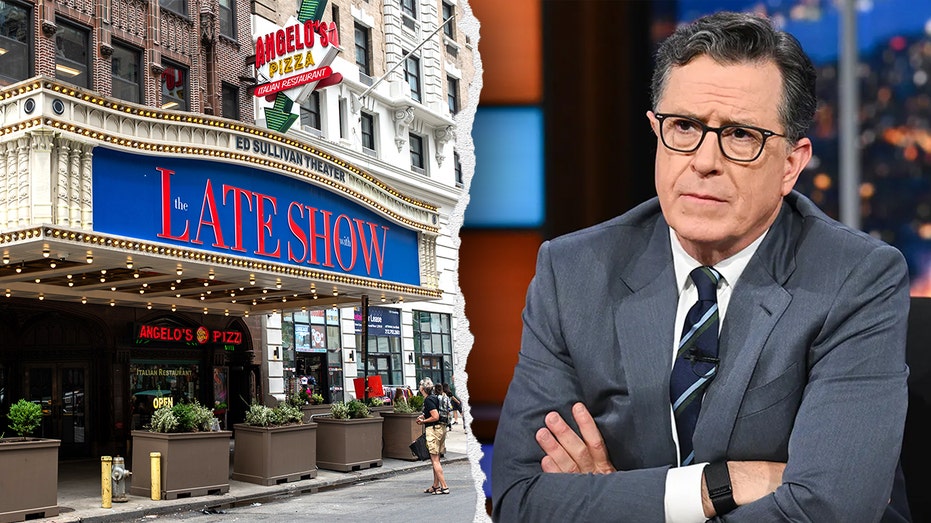When news broke that Stephen Colbert’s late-night show had been abruptly canceled, the television industry came to a standstill. What seemed like a sudden end to a popular show actually revealed a deeper, more complex story about power, pressure, and the hidden forces in entertainment.

Rather than celebrating or seeking to capitalize on Colbert’s absence, longtime rivals—from cable icons to late-night stars—came together on his empty stage. No script, no cues, no cameras, they had one purpose: to show solidarity in an unprecedented moment where personal rivalries temporarily gave way to truths about power and influence in the industry.
Behind the scenes of the event, there are also many untold stories: infighting among managers, murky political pressures, and unexpected executive decisions have created a veil of tension that the public has never seen. Insiders reveal that even half of what has been circulating is shocking, as it shows the complexity and danger of running a late-night TV show.
Remarkably, this rare moment is also a testament to the power of television: even when everything seems to be falling apart, unity, creativity, and commitment to the arts persist. But the event also raises big questions: who really controls the late-night stage, and is free speech on television still valuable or just the surface of a complex web of power?
If this is just the beginning, Colbert and his colleagues could be on the cusp of a historic shift—not just for themselves, but for the entire entertainment industry, where power, fame, and creativity are constantly in a whirlwind of intrigue and unprecedented pressure.
